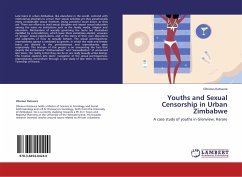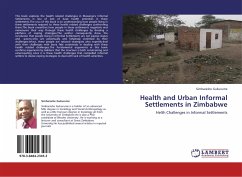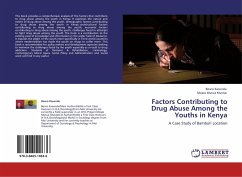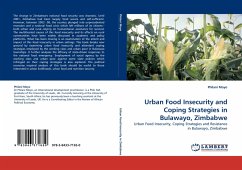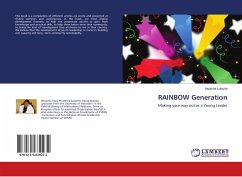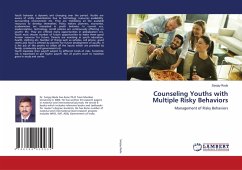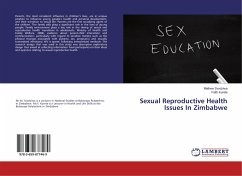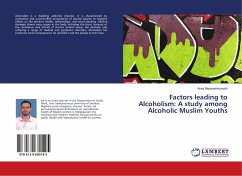Late teens in urban Zimbabwe, like elsewhere in the world, contend with institutional attempts to censor their sexual activities yet they paradoxically enjoy considerable sexual freedom, being powerful social actors as they are. There are efforts to instil sexual discipline and impart sexual education among the teens via institutions such as the family, media, religion and education. Mechanisms of sexually governing the teens are themselves muddled by contradictions, which leave them sometimes eluded, unaware of proper sexual expectations, and at the mercy of their own discretions and judgments of how to sexually behave. The sexual permissiveness-repressiveness gamut is mediated by gender, in which the male and female teens are skewed in the permissiveness and repressiveness sides respectively. The linchpin of this project is on ensconcing the fact that despite the institutional childrenisation and asexualisation of unmarried late teens, the reality is that they can be or are really sexually active beings. This treatise explores late teens navigation of the sexual permissiveness-repressiveness conundrum through a case study of late teens in Glenview Township of Harare.
Bitte wählen Sie Ihr Anliegen aus.
Rechnungen
Retourenschein anfordern
Bestellstatus
Storno

